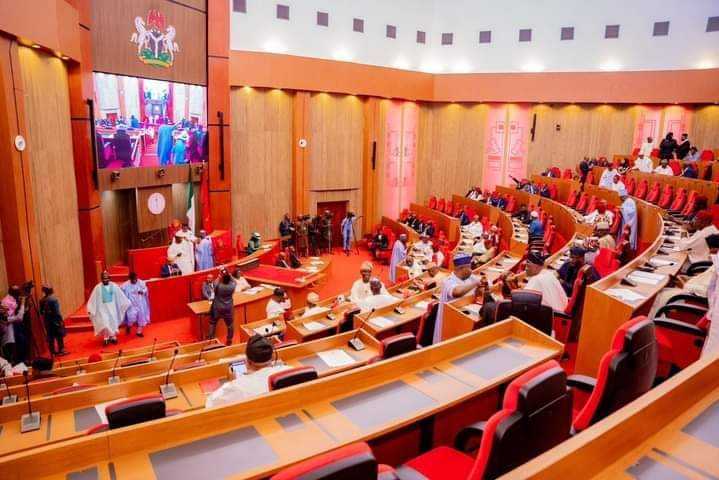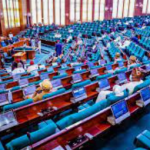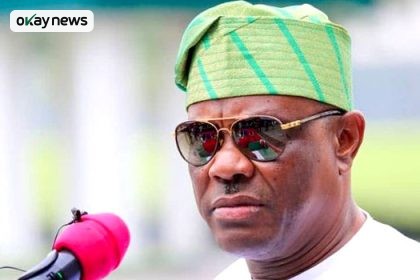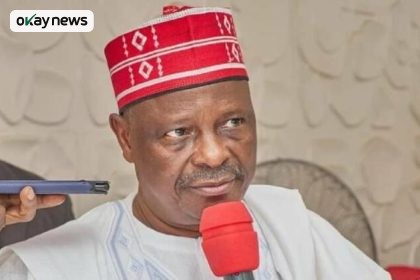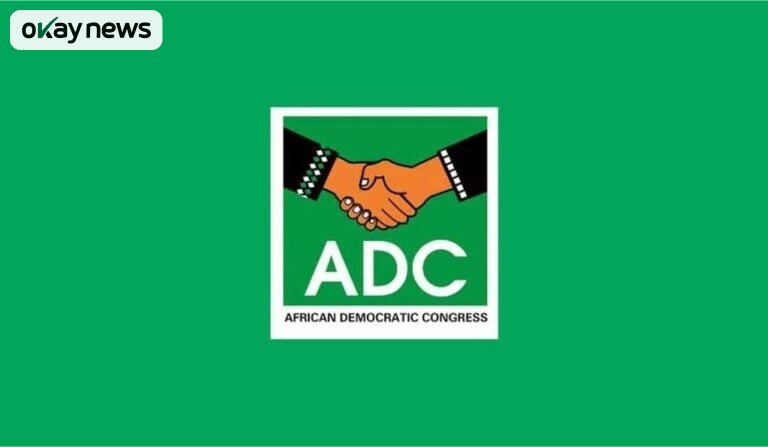The All Progressives Congress (APC) has further consolidated its dominance in the Nigerian Senate after Senator Kelvin Chukwu, representing the Enugu East Senatorial District, officially defected from the Labour Party (LP) to the ruling party.
Senate President Godswill Akpabio made the announcement during Wednesday’s plenary session, confirming that the APC now holds 73 out of the 109 Senate seats — giving it a solid two-thirds majority in the upper chamber.
Chukwu, who succeeded his late brother, Oyibo Chukwu, after the 2023 general election, explained that his decision was influenced by persistent internal wrangling within the Labour Party.
He said, “The protracted crisis rocking the LP, which has led to its fractionalisation, is a development that is seriously affecting its members.”
Okay News reports that Chukwu’s defection leaves the Labour Party with only four senators in the 10th National Assembly, while Senator Okey Ezea (Enugu North) remains the sole LP representative from Enugu State.
The latest development significantly shifts the balance of power within the Senate. The Peoples Democratic Party (PDP) now controls 28 seats, while the Social Democratic Party (SDP) and the New Nigeria Peoples Party (NNPP) have one senator each. The All Progressives Grand Alliance (APGA) retains two seats.
Chukwu’s defection follows a growing trend of lawmakers from opposition parties crossing over to the APC, citing unresolved disputes and leadership struggles within their former parties.
In recent months, four PDP senators — Francis Fadahunsi (Osun East), Oluwole Olubiyi (Osun Central), Aniekan Bassey (Akwa Ibom North-East), and Samson Ekong (Akwa Ibom South) — have switched allegiance to the APC. Senator Bassey justified his move using Sections 40 and 68(1)(g) of the 1999 Constitution of the Federal Republic of Nigeria, which allow legislators to defect if their parties are factionalized.
Political analysts note that this steady wave of defections could alter Nigeria’s democratic dynamics, as the Senate increasingly tilts towards one-party dominance. While APC supporters celebrate the development as a sign of unity and progress, critics worry it could weaken legislative checks and opposition oversight.


